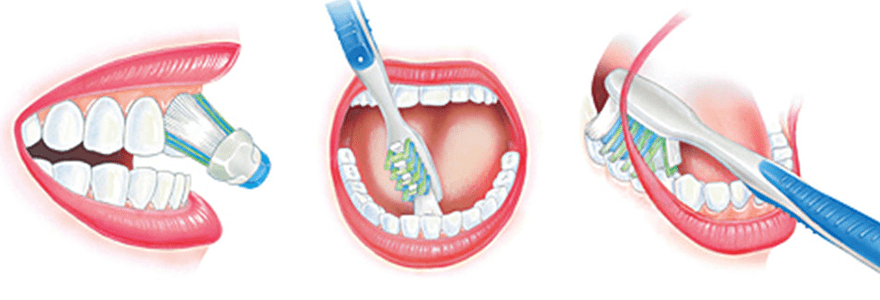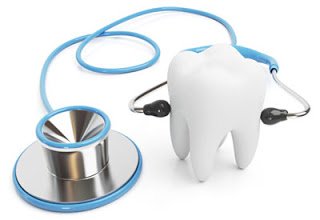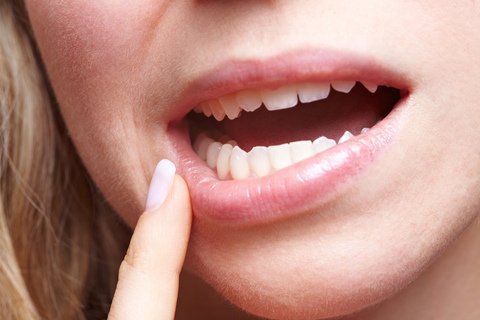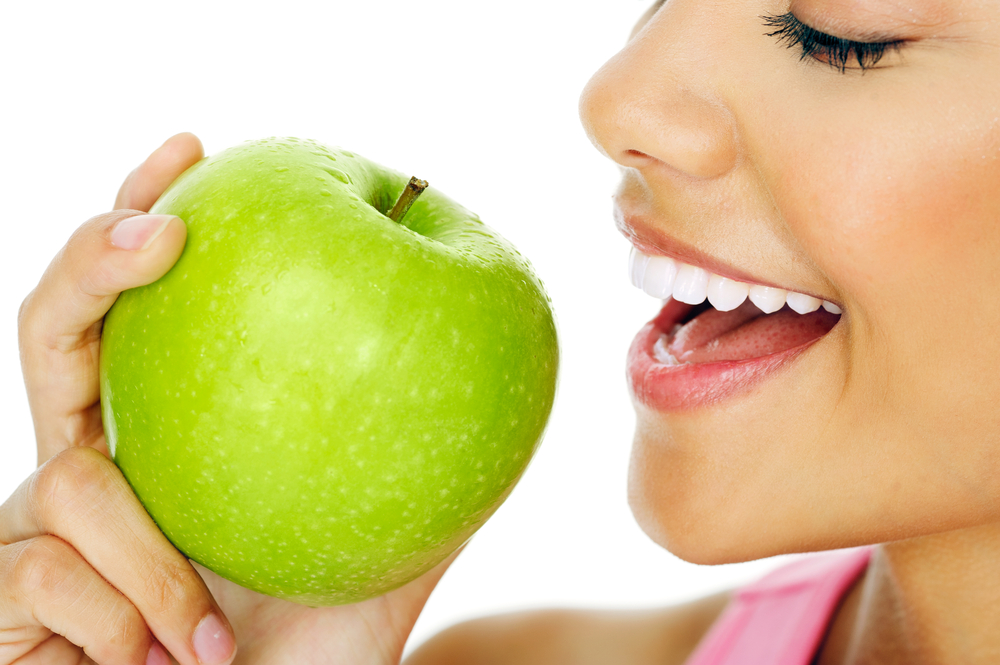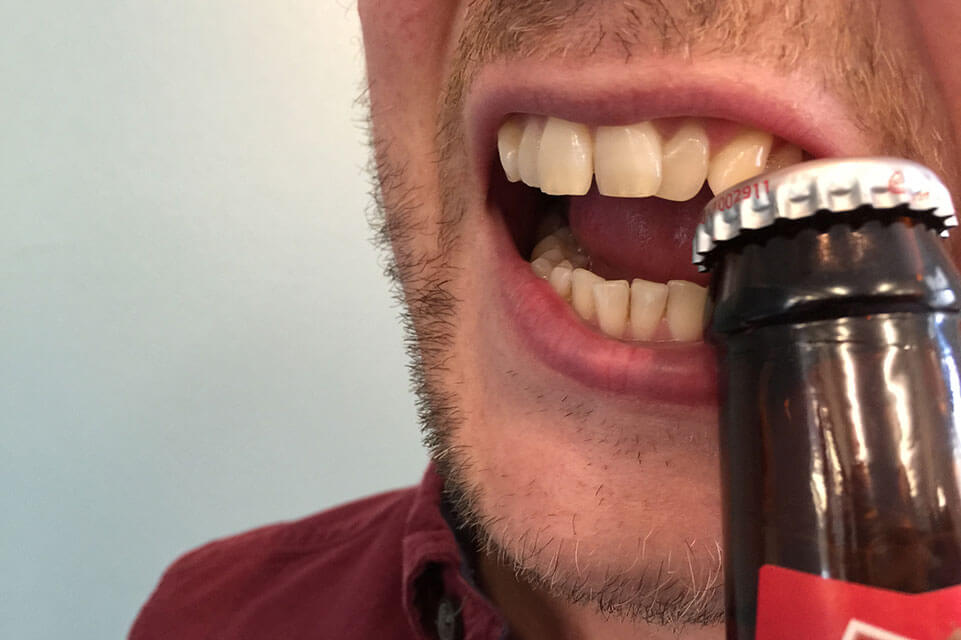Oral health is essential to general health and well-being at every stage of life. Oral conditions have an impact on overall health and disease. Bacteria from the mouth can cause infection in other parts of the body when the immune system has been compromised by disease or medical treatments.
Diabetes
Researchers have found a link a between type 2 diabetes and periodontitis, or gum disease. One reason could be that when infections in your mouth get bad enough, they can lead to low-grade inflammation throughout your body, which in turn lowers your sugar-processing abilities.
Ref: American Diabetes Association, Diabetic Forecast Mar 2016
Heart Disease
As with diabetes, the connection between poor oral health and cardiovascular conditions has been recognized – the two are often found together. Small amounts of bacteria enter your bloodstream while you’re chewing. “Bad” bacteria from an infected mouth may lodge itself inside blood vessels, ultimately causing dangerous blockages.
Ref: American Heart Association: “Dental Health and Heart Health”.
Pregnancy complications
For many pregnant women, gum infections stem from the fluctuating hormone levels that come with pregnancy. Scientists believe that gum disease or inflammation in the mouth possibly triggers an increase in a chemical compound called prostaglandin, which induces early labour. Research has also found a relationship between periodontal disease and low birth weight.
Ref: Saini R, Saini S, Saini S. Periodontitis: A Risk for delivery of premature labor and low birth weight infants; J Nat Sci Biol Med 2010 July-Dec;1(1):40-42.
Pneumonia
A study of elderly participants found that the number who developed pneumonia was higher in patients with periodontal infection than in those free from it. Even in a healthy mouth there are lots of bacteria, but bacteria in a not-healthy mouth can get aspirated into the lungs, causing pneumonia or aggravating COPD, chronic obstructive pulmonary disorder. An improvement in oral health can lead to a reduction in respiratory infection.
Ref: J Can Den Assoc 2002; 68(6):340-5
Osteoporosis
Researchers have suggested that a link between osteoporosis and bone loss in the jaw. Studies suggest that osteoporosis may lead to tooth loss because the density of the bone that supports the teeth may be decreased, which means the teeth no longer have a solid foundation. Ref: Dentistryiq.com
Therefore, oral health can no longer be ignored in designing overall national health strategies. It is essential to protect natural teeth from decay and periodontal disease, and focus on early detection and prevention of these conditions.

